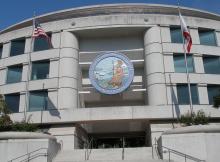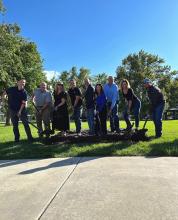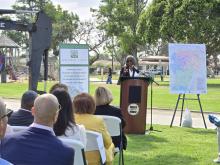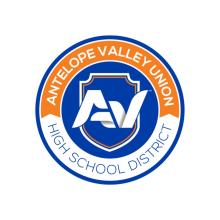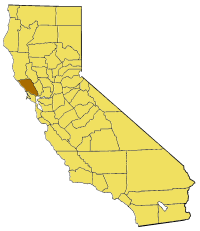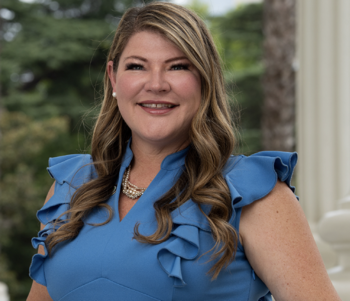A $20 Verizon Internet Deal on Paper – Will Depend Heavily on Enforcement
California’s Public Utilities Commission (CPUC) recently signed off on Verizon’s $20 billion merger with telecom giant Frontier with some notable conditions. As part of Verizon’s settlement with the CPUC, they’re being required to offer affordable broadband, improve network resilience, and expand fiber and cellular access into long-neglected portions of the Golden State.
According to the CPUC approval announcement, the agency voted 5-0 to approve the merger after months of deliberation and negotiation with Verizon.
One cornerstone of the CPUC’s agreement is that Verizon will be required to offer significant support for its "Verizon Forward" service, which offers home Internet access for as low as $20 a month (either 300 megabit per second (Mbps) symmetrical fiber or 100/20 Mbps wireless) to California homes that qualify for existing low-income assistance programs.
Under that part of the arrangement, Verizon pledges to maintain that $20 per month price point for the next decade.
Verizon’s Frontier Deal Comes With Strings Attached
This comes on the heels of a recent CPUC study that found “the average monthly price for a plan at or above 100 megabits per second (Mbps) download and 20 Mbps upload – the Federal Communications Commission’s benchmark for broadband speeds – is $116.68” – “far above what many households can afford.” The study further indicates that in large swaths of the state “low-income households spend more than 15% of their discretionary income on broadband service.”


